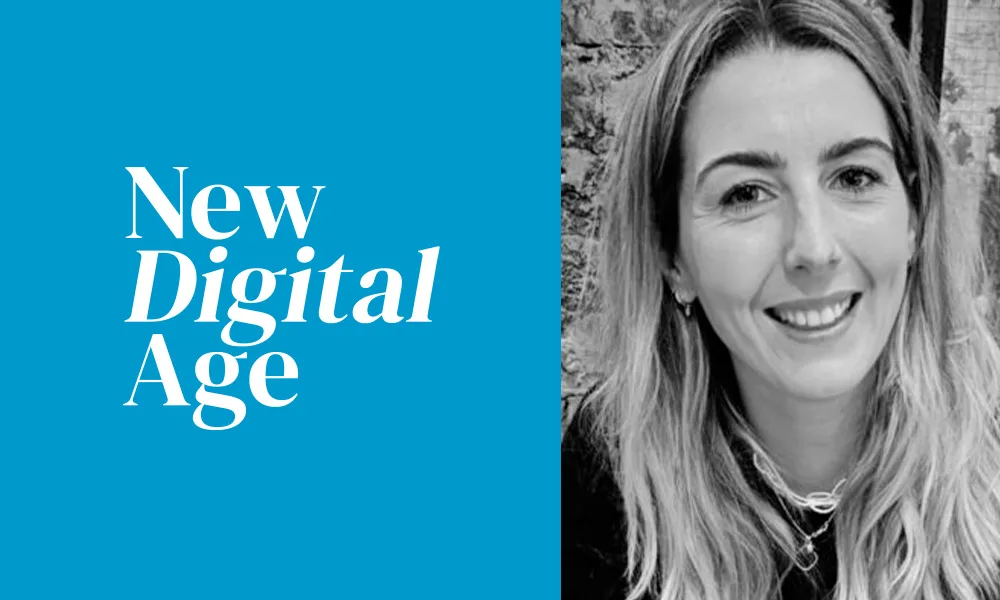Sophie Strong is Managing Partner of Media Experience at PHD UK and NDA’s monthly columnist.
January 4th was a big day for the ad tech space, as Google unveiled the date as the roll out of the deprecation of the 3rd party cookie in their Chrome browser – starting by rolling out to 1% of their global users.
This was something we shouldn’t be surprised about, but reactions were mixed, with some suggesting this was a “quick-fire” decision from Google. However, the reality is, it wasn’t new news. The industry has been preparing for ‘cookieless’ for almost four years now for this roll out and the impact it will have on our ability to target, optimise and measure within the digital landscape.
When observing the responses some were very positive, rejoicing in the fact that this much anticipated ad tech update is finally here. Whilst others feel gloomier, suggesting we needed more time to prepare.
A new blow has since been delivered, as the UK could expect more delays to the full roll out. This is following the news that the UK Competition and Marketing Authority are still working through several concerns with the tech giants Privacy sandbox solution.
As someone who has been on talking about ‘cookieless’ (virtually every day since 2020), there are some positives we can take away from the current situation:
- Firstly, Google has given us a fair amount of time to adjust to this change. (And it hasn’t fully rolled out yet, giving even more time to prepare.) By us, this mean advertisers, media buyers and media publishers. Whilst Google have taken the time to work out how their tech would work following such change; the wider industry has also benefitted from the delayed roll out too.
- Secondly, we have had almost four years of testing and learning solutions in the market (existing and new) to equip ourselves for the cookieless future (something we had already adjusted to with the Firefox and Safari updates in the past).
- Lastly, this is the ‘hit reset’ moment we needed to double-down on bettering our approach to measurement and what success looks like – as well as enhancing our use of 1st party data.
We are spoilt with choice when it comes to finding alternative solutions in the publisher and data partner landscape to deploy and test. From an ever-increasing volume of cookieless solutions (Semasio, Grapeshot, GumGum, IAS to name a few). At Omnicom Group we have been fortunate enough to test ID-based solutions such as the Trade Desk’s EUID, the Panorama ID and Meta’sConversion API. We were also Teads launch partner in 2022 for their Cookieless Translator.
Agency groups have also equipped themselves with products to navigate this change. Inclusive of; privacy-first geo solutions, clean room integrations and direct match integrations. At Omnicom Group we have been preparing for the cookieless future through the development of Omni, our proprietary solution which hosts a suite of non-3rd party cookie dependent tools, which allow us to operate in this new market.
So, the reality is, we are ready. But, for advertisers looking for guidance in this space, the formula is quite simple. Test, learn, evolve – and don’t be afraid of failure. Key to this approach are:
- Getting in control of your first-party data strategy. This is a huge enabler for so many brands to deepen their understanding of current and potential consumers.
- Test and learn. There are so many new solutions available which really put consumers first to drive greater attention and improve outcomes. So, test them, and better your understanding of what works for your brand.
- Continue to work with – and feedback to – publishers and tech partners on their targeting solutions, such as enhanced contextual products which layer on multiple signals or unified ID solutions.
- Collaborate via direct partnerships with premium publishers who sit on rich first-party data that can help inform new audience targeting opportunities.
- Enhance your measurement set-up in-platform (e.g., trialling server-to-server integrations and probabilistic modelling), whilst also considering complimentary macro tactics like econometrics.
At PHD UK we have the Performance Accelerator, a programme to simplify growth in a complex landscape. It is an action plan designed to keep clients abreast of the latest winning formulas as the performance space evolves – with the latest cookieless evolutions front and centre of our approach.
This is incredibly exciting time for our industry and we are ready. It’s an opportunity to really challenge the status quo and make a meaningful difference through our advertising choices. To create better consumer experiences, grow trust and deliver better business results. So, let’s celebrate and be positive – and get cracking with making the changes we have been anticipating since 2021!









